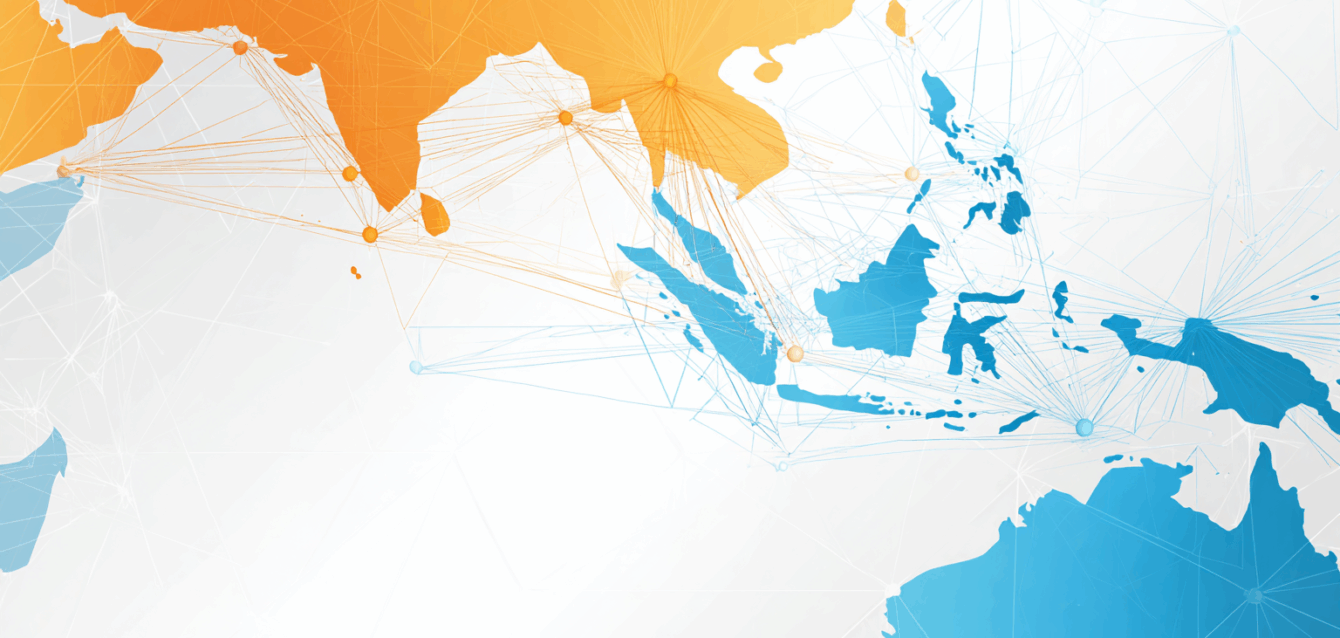More than 60% of companies now leverage freelance talent to close critical skill gaps, yet a 2025 report from the Global Workforce Institute highlights that nearly half struggle with cross-border compliance and cultural integration. This disconnect reveals a critical truth: accessing global talent is easy, but integrating it effectively is a strategic discipline. For leaders looking toward Southeast Asia, the opportunity is immense, but the operational risks of getting it wrong are just as significant.
The challenge is no longer about finding someone willing to do the work. It is about finding the right person, ensuring they are legally compliant, and integrating them into your workflow without friction. When you hire freelancers independently from abroad, you become responsible for navigating a maze of international payment systems, contractor misclassification risks, and performance management across different time zones and cultures. A single misstep in compliance can lead to financial penalties and reputational damage, while a poor hire drains resources and stalls critical projects.
Moving Beyond Platforms: A Framework for Strategic Freelance Hiring
Generic freelance platforms offer a vast sea of candidates, but they place the entire burden of vetting, compliance, and integration squarely on your shoulders. A more durable, scalable strategy involves building a managed talent pipeline through a knowledgeable partner. This approach transforms freelance hiring from a high-risk gamble into a calculated, strategic advantage, particularly when tapping into a market as dynamic as the Philippines.
The foundation of this framework rests on three pillars:
- Precision Role Definition: Move beyond a simple list of tasks. A strategic role profile for a freelancer should detail key performance indicators (KPIs), communication protocols (e.g., required daily check-ins, response time expectations), and the specific business outcomes their work will support. This clarity prevents misaligned expectations and provides a clear basis for performance assessment.
- Localized Sourcing and Vetting: The best talent is not always on the largest global platforms. An on-the-ground partner accesses local professional networks and university alumni groups, uncovering vetted professionals who are not actively mass-marketing their services. The vetting process must also be localized. It should include technical assessments relevant to regional standards and interviews that screen for cultural adaptability and proactive communication, core strengths of high-performing Filipino talent.
- Compliant Engagement Structure: This is non-negotiable. A managed approach ensures every freelancer is engaged through a compliant Employer of Record (EOR) or contractor management service. This handles all contractual agreements, tax withholdings, and payments in accordance with Philippine law, effectively insulating your business from the significant risks of contractor misclassification.
The Philippine Advantage: More Than Cost Optimization
Business leaders often initially look to the Philippines for cost efficiency, but they stay for the value. The workforce is characterized by high English proficiency, a strong service orientation, and a notable cultural adaptability that simplifies integration into Western business structures. This makes the market a powerhouse for a wide range of specialized roles far beyond traditional administrative support.
For example, the demand for specialized Philippines jobs has grown significantly across several key sectors:
- Technology: Companies are finding skilled front-end and back-end developers, QA testers, and IT support specialists who are proficient in current technology stacks.
- Healthcare Information Management: The country is a global leader in providing certified medical coders, billers, and clinical data managers who understand HIPAA compliance.
- Finance and Banking (BFSI): There is a deep pool of talent for back-office functions like accounting, financial analysis, claims processing, and compliance monitoring.
- Creative Services: Global marketing teams rely on Filipino graphic designers, video editors, and content moderators for high-quality, scalable creative production.
Engaging this high-caliber Filipino talent through a strategic partner delivers measurable business outcomes. You gain access to a pre-vetted, scalable workforce that is ready to contribute from day one. This agility allows you to scale project teams up or down based on market demand without the fixed overhead of direct employment. The result is not just cost savings, but a more resilient and responsive operational model.
Build Your Global Team with Confidence
Hiring freelancers abroad is a powerful lever for growth, efficiency, and innovation. However, realizing these benefits requires moving away from ad-hoc platform hires and toward a deliberate, professionally managed workforce strategy. By focusing on precise role definition, leveraging local expertise for sourcing, and ensuring ironclad compliance, you can mitigate risks and unlock the true potential of a global talent pool.
The right partnership turns a complex international undertaking into a streamlined, strategic advantage. It ensures you not only find skilled individuals but also build a sustainable, high-performing extension of your team.
If you are ready to explore how elite Filipino talent can align with your business objectives, let’s begin a strategic conversation. Nezda Global provides the expertise to help you navigate the landscape confidently and build a workforce solution that delivers tangible results.




